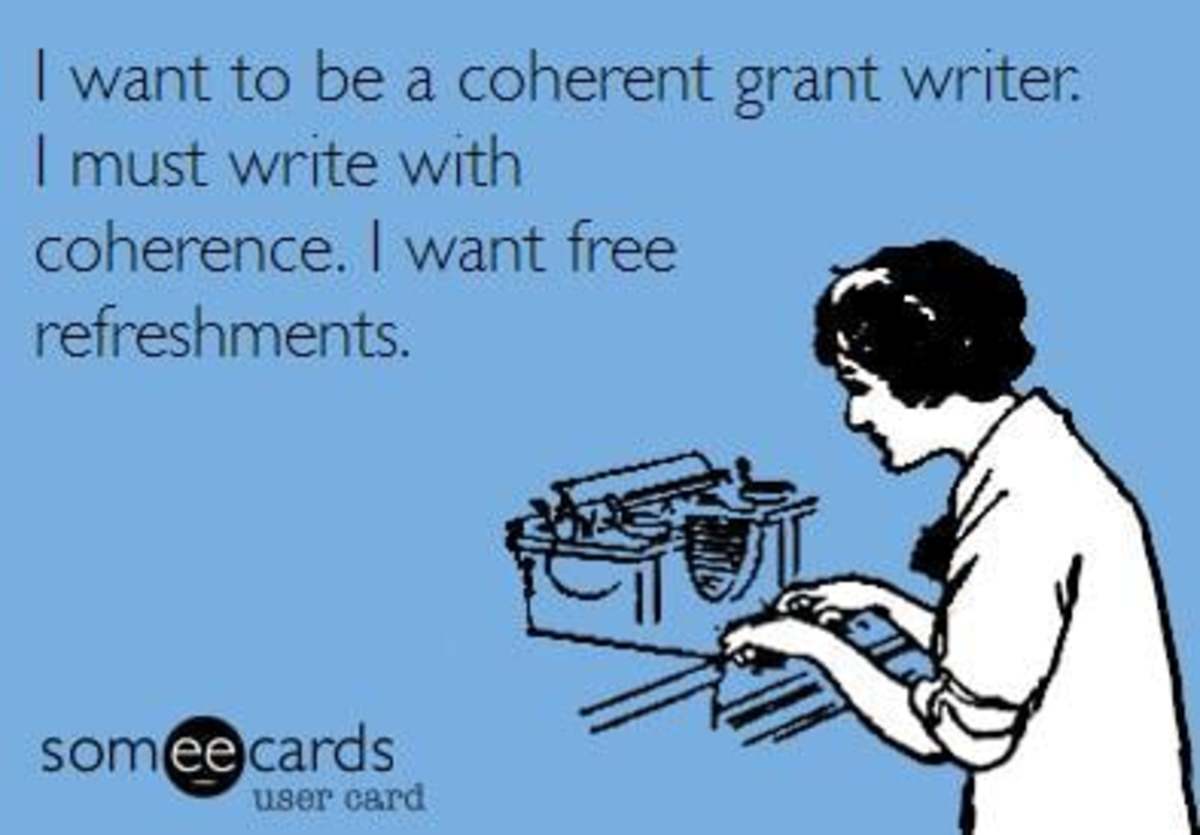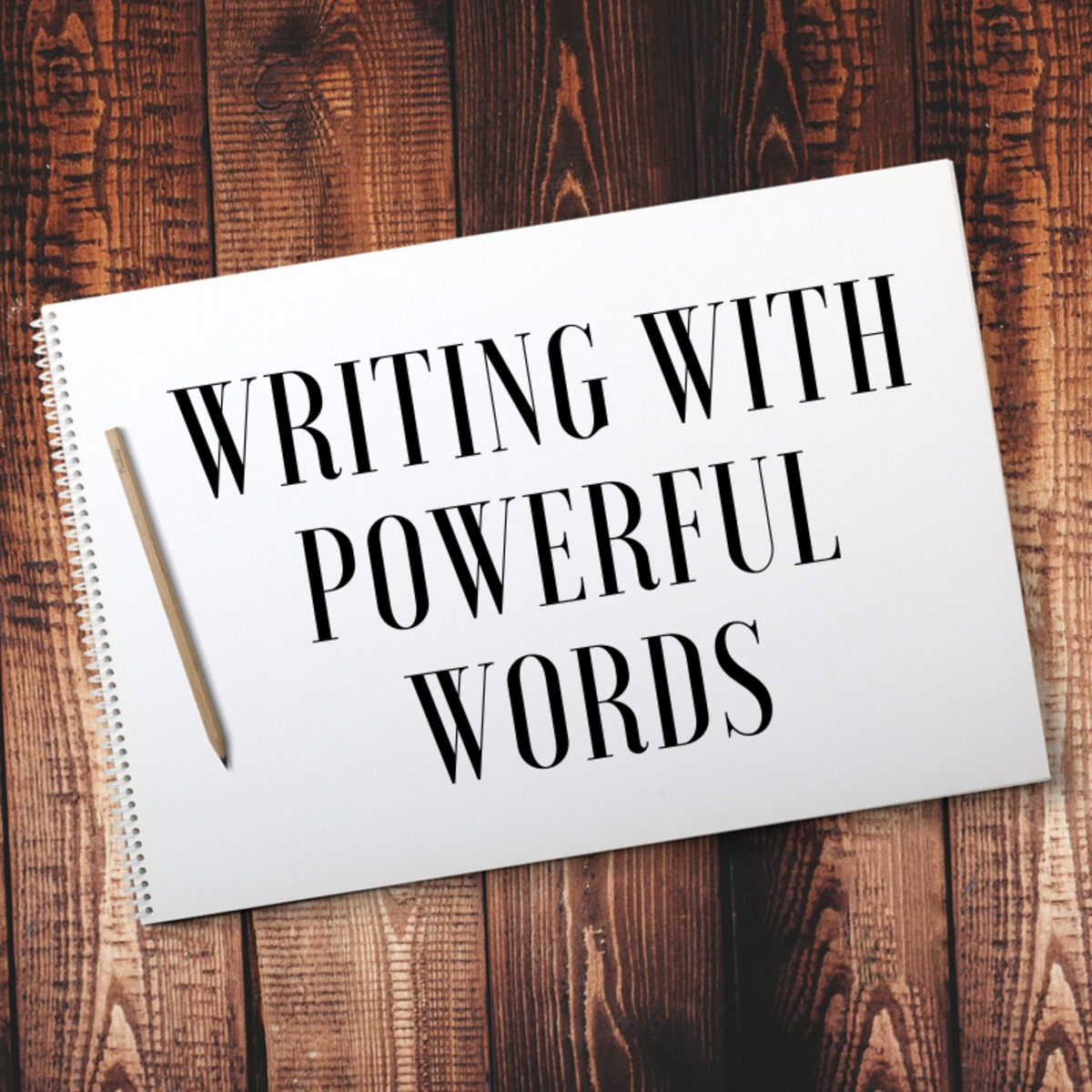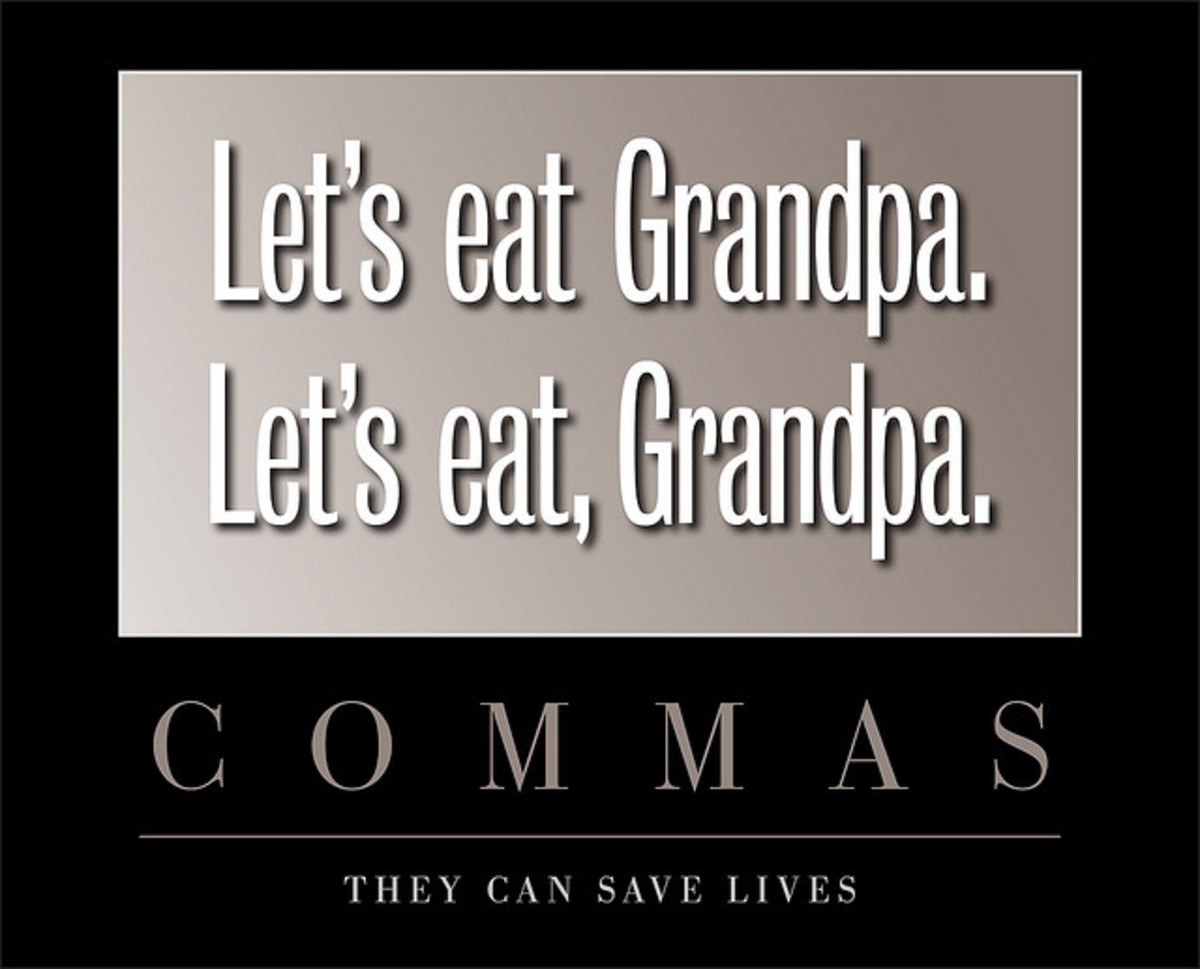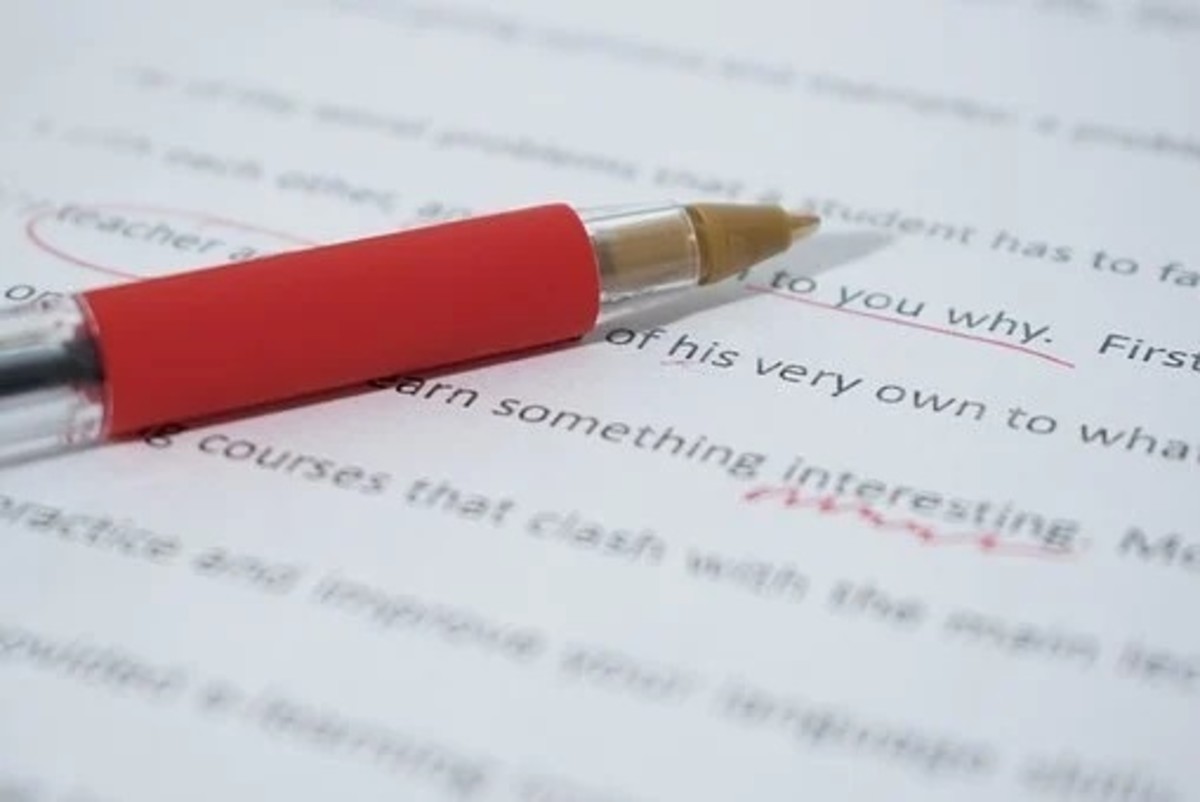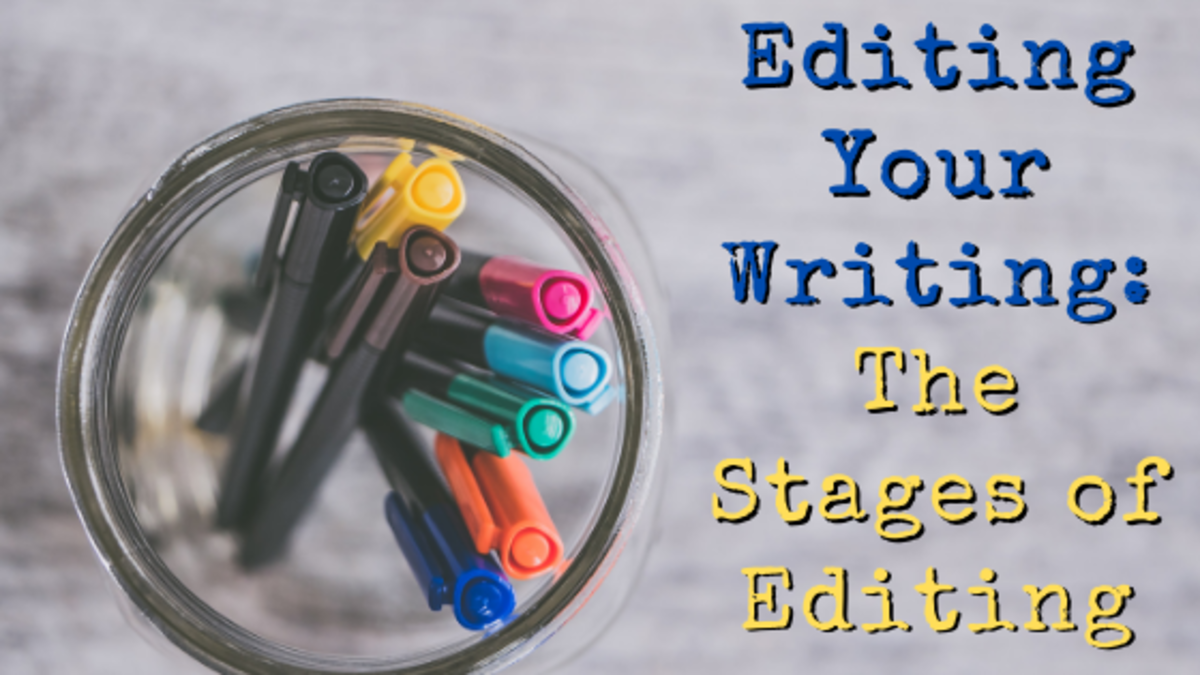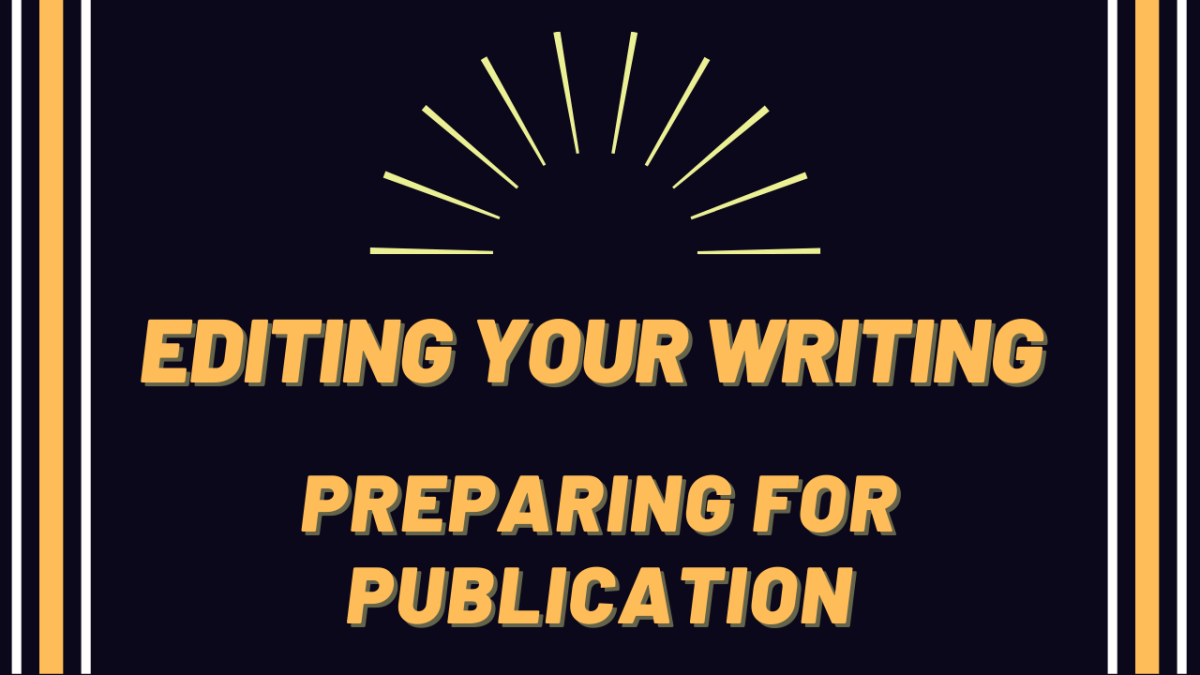21 Editing Tips for Writers

The following tips I'm about to share are based off of a checklist I made for myself when editing my novels. I made many rookie mistakes when I wrote the initial drafts of my first book. Every single item below is something I once struggled with, and have now trained myself to catch and correct. May this list help you perfect your craft, too!
1. Contractions
Use them. It's much easier and flows better to read: "I'm coming!" she cried, but he didn't hear, than "I am coming," she cried, but he did not hear.
2. Adverbs
Lose 'em! If they're not absolutely necessary, and the point can be conveyed without them, eliminate as many "ly" words as possible. Otherwise, they bog down the manuscript. In fiction, the tone is often implied enough in the context (i.e. dialogue, characters' body language), so adverbs are usually unneeded.
3. Who vs. Whom
Tip: Use who where he would go, and whom where him would go.
4. If I was... vs. If I were...
Use was if the scenario is actually possible. Use were if the situation is not possible.
i.e. "If I was driving..." would use was, because it's possible that you could be driving. "If I were a unicorn" would use were, because you can't be a unicorn.
5. Action verbs
The action verb is the most important part of the sentence. Therefore, avoid bogging down your verbs and action sequences with phrases like "he began to," or "proceeded to," or "started to." Just use the verb. So instead of, "He began to run," just say, "He ran."
Also, avoid adverbs, adjectives, and too much detail surrounding how a verb was accomplished. Use short, punctuated sentences during action scenes, and keep them clear and concise. Action is not the time to be poetic or cerebral.
6. Adjectives
Try to limit your adjectives. Choose one, and choose the most interesting and accurate one. So, for example, if you're describing a "nice, bubbly, redheaded girl," eliminate nice and go with bubbly. It's less wordy and generic, and besides, nice is generally implied in bubbly.
7. Synonyms
Usually, a reader will get the point with the first word you use, so adding synonyms is generally redundant and unnecessary. I recently read a self-published book, wherein the author had a grating habit of listing totally unneeded synonyms. I kept thinking, "This sentence would be so much better if she just chose one."
For example, she'd written something like, Other people may try to act as though they are more holy, pious, virtuous, religious or devout than you. She really could've just chosen one of those synonyms, and the point would've been made exactly the same - sans the distracting wordiness.
8. Ellipes
Ellipses (...) are only necessary when someone gets cut off, or a sentence/thought isn't finished. Try to use them sparingly.
9. Pack your punch
Say as much as you can with as few words as possible. Eliminate all unneeded words. Within your story itself, only include details or backstory that are relevant to the plot, or come into play later.
10. Then, now, suddenly, and finally
Eliminate all uses of these words unless totally necessary! They are generally unneeded. As well, if you are writing in past-tense, don't label time as "tonight/today," "yesterday" or "tomorrow" in the narrative. Instead, use "that night/that day," "the previous day," or "the next day".
11. Toward vs. towards
While "towards" is used more in speaking and in British writing, if you're American, use "toward."
12. Indecisiveness
Try to avoid indecisive words like somewhat, nearly, almost, slightly, etc. "She looked somewhat pensive" reads better as: "She looked pensive," and the meaning isn't lost.
13. Pronouns
Always substitute an article (a, an, the) for a pronoun (his, her, etc.) where you can. "She extended her arm to his dog" reads better as "She extended an arm to the dog."
14. Show, don't tell
The most basic rule in writing. Don't tell me that your character was frightened; show me that his pulse accelerated and the tip of his spine tingled in dread. Don't tell me it was evening; show me that the sun had tumbled beneath the horizon and white stars had just begun to twinkle overhead.
15. Dialogue
Dialogue should be relevant and used for advancing your characters' development and the plot. Avoid fluffy, wordy or purposeless dialogue. In addition, not all dialogue needs a tag (as in he explained) or descriptors (he confessed, his face flushing scarlet). If you can avoid tagging dialogue, then avoid it. As for the descriptors, if they're necessary, you can use them as a sentence between the dialogue. For example:
BAD: "I did," he confessed, his face flushing scarlet.
GOOD: "I did." His face flushed scarlet.
[In this example, it's inherent that the character is making a confession, so it doesn't need to be tagged as such.]
In line with this, body language is just as important as dialogue too, and can help drive the point home in conjunction with your dialogue without making the text wordy. Body language also enables you to show, rather than tell, with your dialogue. For instance:
BAD: "But that sounds dangerous," she protested fearfully, frowning. "What if you are seen?" she demanded.
GOOD: "But that sounds dangerous." She frowned. "What if you are seen?"
[In this instance as well, the protest is inherent through the character's "But" and mood apparent through her frown. The other descriptors are unneeded and just come across too wordy, and they tell rather than show.]
16. Italics
Some authors love to use italics all the time. (I find this particularly common in YA.) For my purposes, I try to reserve italics for the following, more technical uses:
- someone yells out a single name or command ("Sarah!" His eyes were wide. "Run!")
- the word truly needs emphasis/focus for the sentence to be read the right way (He wasn't waiting for Mary, she was waiting for him.) [Try to read that without the italics, and it might not be as clear.]
- Foreign or made-up terms/words, used for the first time in the text, and/or their subsequent definitions ("Incroyable," she breathed. Incredible.)
- A character is quoting or citing something, or singing ("Add one egg to the batter," she read off the recipe.)
I'm sure there are plenty of other cases where italics may be necessary. But I tend to find it a little irksome when it's constantly used for mere emphasis.
17. Passive Voice
Try not to use passive voice. An example of passive voice is: "Beads were strung onto the necklace by an old man." Instead, say: "An old man strung beads onto the necklace."
18. Vocabulary
It's great to have a wealth of vocabulary. And once in a while, a more obscure word is the only word to fit exactly what we mean to say. But, try to stick with words most people know. Using too many big, impressive words will turn off a reader.
Also, be careful when using a thesaurus, that the word you choose isn't too much of a stretch (otherwise, it might look like you're trying too hard). My rule of thumb when using a thesaurus is to try to stick with the words I know or have seen before in that context.
19. End sentences before conjunctions
I was taught in grade school never to begin sentences with 'And' or 'But.' But (look- I just did it!) in becoming a commercial writer, I've found it's often necessary to end sentences before conjunctions, and begin the new sentence with the conjunction. Especially if two different points are being made. First, it prevents run-ons. Second, it helps the reader grasp the point in briefer, easier-to-digest chunks, rather than overwhelming them in one sentence. Not that they can't handle it. But it just makes the writing easier to flow with.
20. Which/that
I learned this from Microsoft Word's Spelling & Grammar tool! Which & that are often interchangeable, but which usually comes after a comma, where that does not:
It was the blue tie that he wore on graduation day.
It was the blue tie, which he wore on graduation day.
21. Clear, direct sentences
Clear, direct sentences are the best kind. They're the kind that keep people reading. They're the kind that ensure readers can follow you. It's okay to diversify with longer sentences and flowery prose here and there, but still, try to be direct. As an author, it's your job to make the flow from A to B as intuitive and effortless as possible.
Bon chance to all you writers out there!
© 2015 CK Brooke

